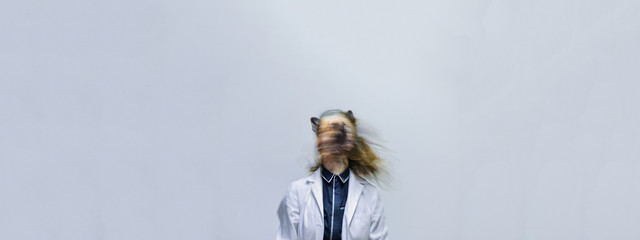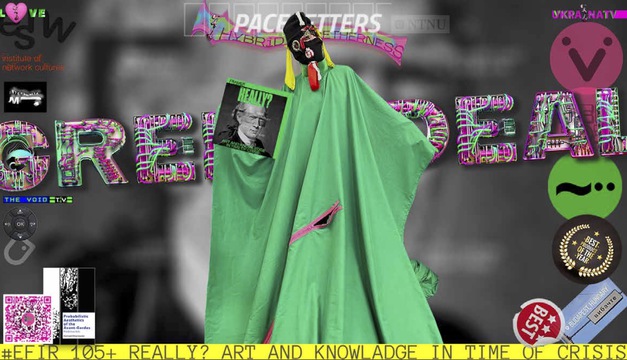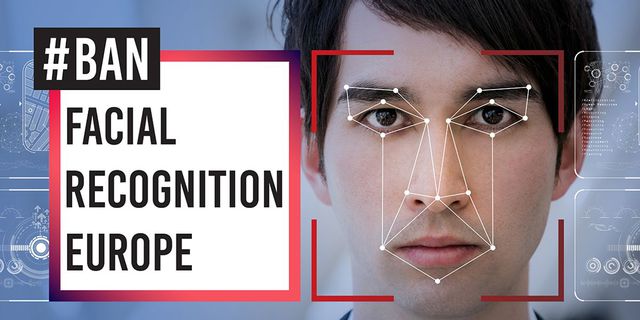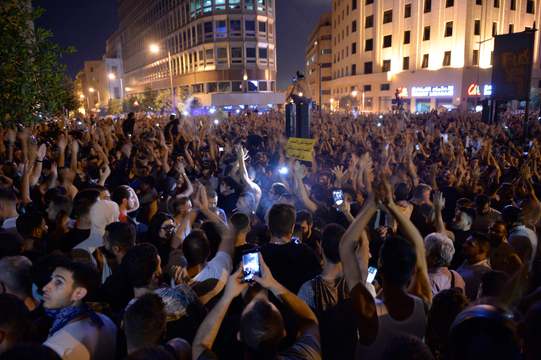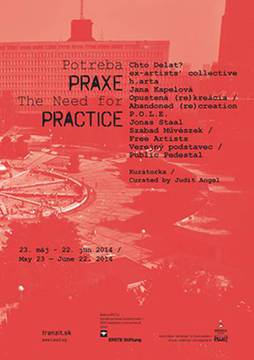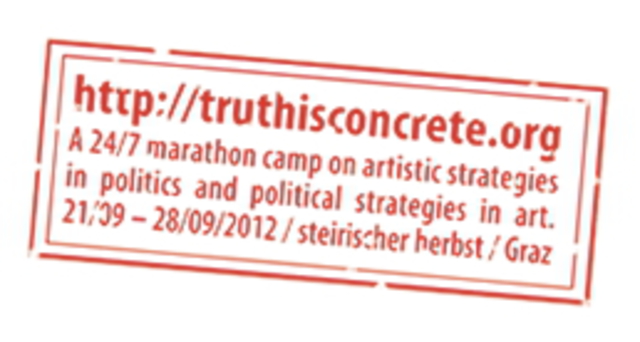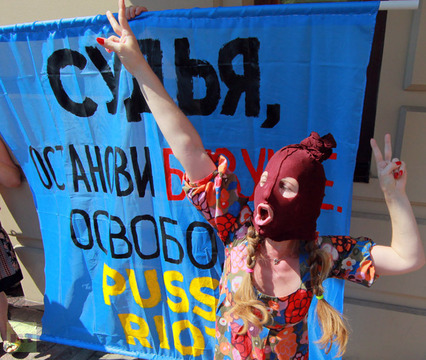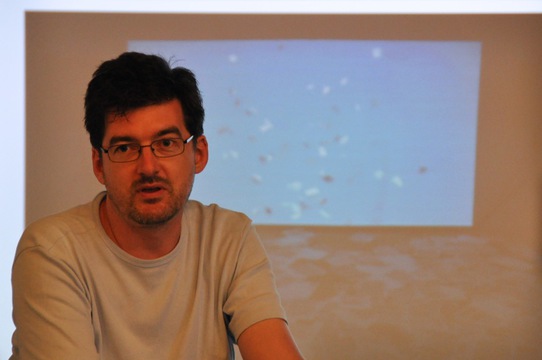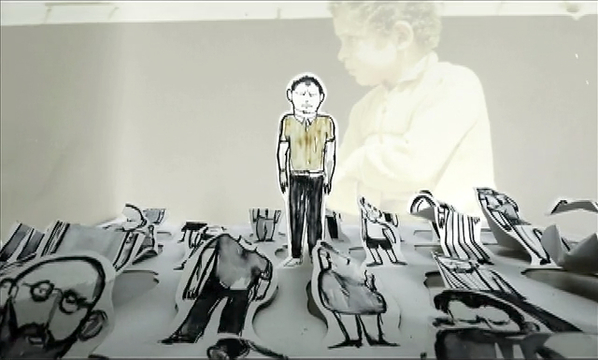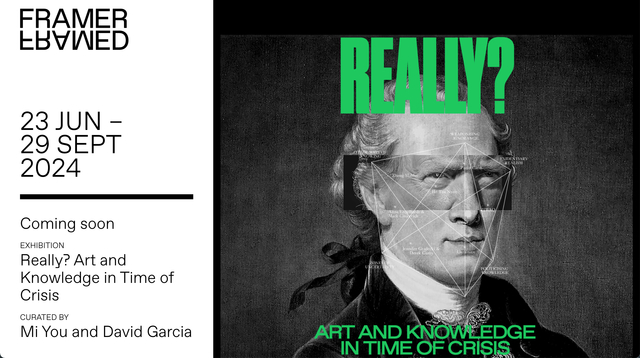Search results for 'art of campaigning'
Truth is Conrete
Free Pussy Riot
Oliver Ressler
Freedom is Knowledge
Tactics of Protest pre-reader
Red Tape event, RCA London, February 1, 2012.
Geert Lovink
Geert Lovink is a media theorist, net critic and activist.
"The Desire to be Wired"
1. Desire.
I come from a social and cultural context which has its languagetaboos, and among them a strong one refers to the libido. Desire is,therefore, something rather personal, and connecting it to the publicsphere might personalize the approach in a naive sense I learned toavoid. But since the same topic has been voiced last year in thecalling papers of the Enschede Photo Biennial, we might be dealing herewith a common place, therefore with a language defensive reflex, andthis is something useful to talk about.
Rita Raley
Rita Raley is Associate Professor of English, with courtesy appointments in Film and Media Studies, Comparative Literature, and Global Studies at the University of California Santa Barbara. Her primary research interests lie at the intersection of digital media and humanist inquiry, with a particular emphasis on cultural critique, artistic practices, and language (codework, machine translation, electronic literature, and electronic English).
Free Culture Forum
The FCForum is an international arena in wich to build and coordinate action around issues related to free/libre culture and access to knowledge.The FCForum brings together key organizations and active voices in the spheres of free/libre culture and knowledge, and provides a meeting point where we can find answers to the pressing questions behind the current paradigm shift.
ReadMichael Benson
Michael Benson is a writer, film-maker, and photographer. In recent years he has authored a series of illustrated books with space themes for Abrams, the leading publisher of art books in the United States. His new book, Far Out: A Space-Time Chronicle, was well in reviewed in The New York Times, The LA Times, and other publications. Benson's Beyond exhibition projects are based on his book Beyond: Visions of the Interplanetary Probes, which has been published in English, French, German, Spanish, Korean and Japanese. Beyond exhibitions of varying sizes have toured Europe and North America, and limited-edition prints from the Beyond project produced by Benson's company, Kinetikon Pictures, have been acquired by museums and private collectors.

